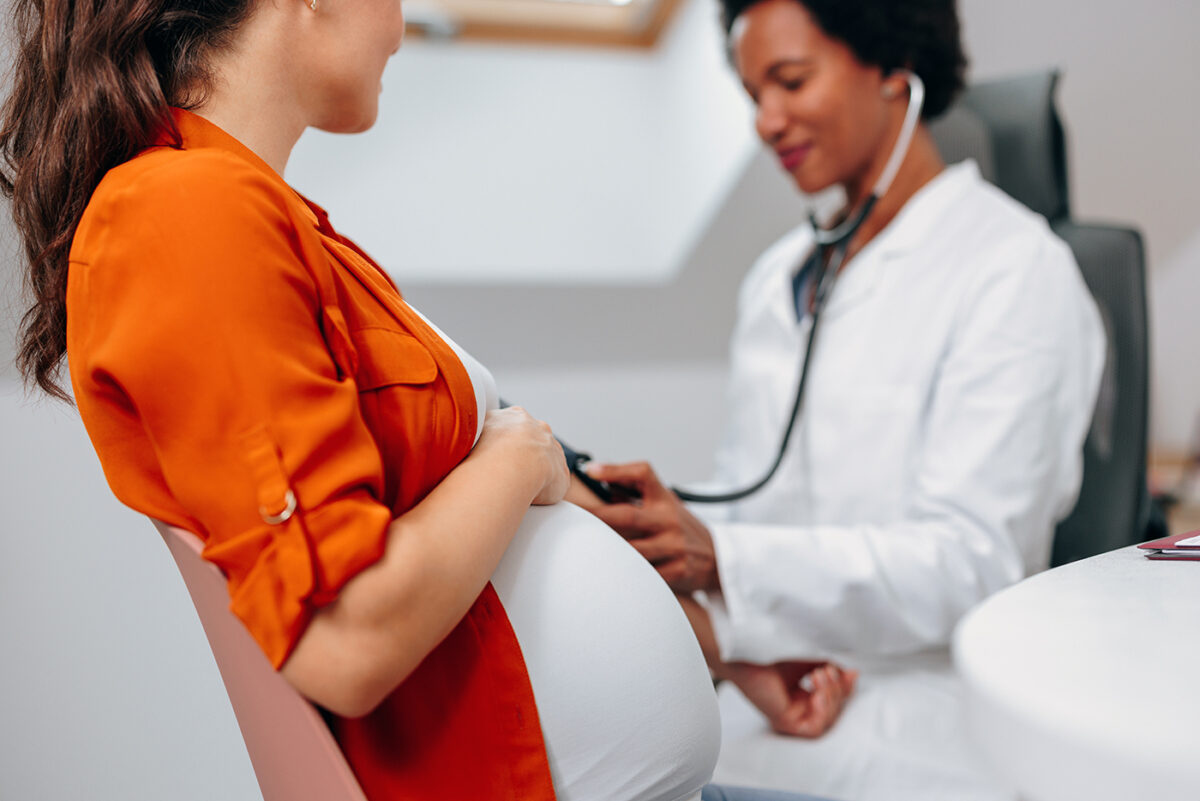In 2014, Arkansas opted to expand Medicaid coverage to Arkansans with incomes up to 138% of the federal poverty level, as permitted by the Patient Protection and Affordable Care Act. The program was initially known formally as the Arkansas Health Care Independence Program, or informally as the “Private Option.” Through an innovative premium assistance approach authorized via a Section 1115 demonstration waiver, the state used Medicaid funds to pay for private individual qualified health plans (QHPs) offered through the Health Insurance Marketplace, although individuals who were deemed medically frail were diverted into traditional Medicaid coverage instead of Private Option coverage.
A fundamental tenet of the Arkansas Section 1115 demonstration waiver centered on the “equal access” requirement — the provision in federal Medicaid law that requires state Medicaid programs to establish provider payments to sufficiently enlist providers and offer Medicaid beneficiaries with access to care that is equal to others in the same geographic area. Prior to their work on this report, ACHI researchers observed significant differences in realized access to care (time to first contact with the health care system and emergency room utilization) and perceived access (based on survey responses) to services among traditional Medicaid and QHP enrollees.
To better understand these observed differences, a simulated patient study, or “secret shopper” survey, was undertaken to investigate whether different primary care provider access rates existed across beneficiaries with private insurance versus those with Medicaid. This report includes findings from this survey.







